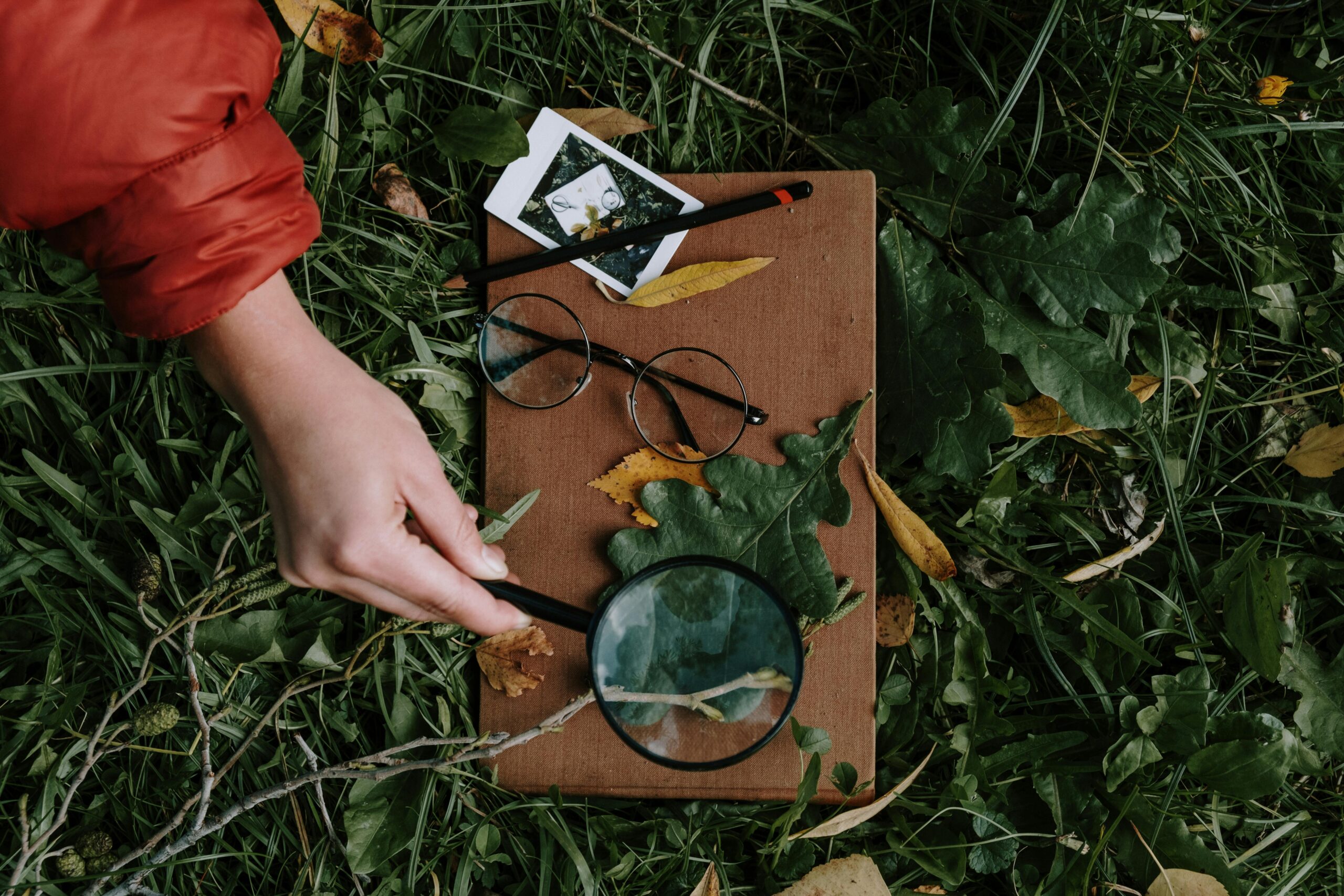Compliments should feel good.
But sometimes…
They make us squirm.
From “You’re beautiful” to “I love how you talk” — from DMs to dating app bios…
The most well-meaning words can land with unease.
Because real attraction isn’t built on praise alone.
It’s built on emotional alignment , timing , and how safe we feel receiving it .
In this guide, we’ll explore:
- Why some compliments feel invasive instead of kind
- How to give praise that builds trust — not tension
- Real-world examples from WhatsApp to TikTok
- And what psychology says about how people respond to warmth
Let’s dive into Discomfort in Compliments: Why It Happens — and discover why sometimes, the strongest move isn’t admiration…
It’s understanding.
The Emotional Science Behind Flattery: Why Some Words Feel Heavy Instead of Warm
We assume that all compliments are positive — but research shows otherwise.
According to studies published in Social Psychological and Personality Science , users often experience micro-aggressions through overly direct or appearance-based praise — especially when tone doesn’t match their emotional rhythm.
That means:
A message like
🚫 “You have the perfect smile.”
Might feel intrusive — even if meant kindly.
While a line like
✅ “Your presence seems rare — wanted to keep things warm between us.”
Can replay in someone’s mind for days.
Because real chemistry builds best behind curiosity , not clarity .
And sometimes, the strongest move in digital interaction…
Is saying less — and meaning more.
5 Reasons Compliments Make People Uncomfortable (Even When They’re Sincere)
Here’s how flattery can trigger hesitation — and how to avoid it.
1. Appearance-Based Praise Feels Reductive
Instead of making someone feel seen — it makes them feel reduced to looks.
Example: 🚫 “You look amazing today.”
✅ “Your energy makes me rethink what connection feels like.”
One objectifies.
The other honors.
Because in modern interaction…
Tone beats tension. Silence speaks before sound.
😊 2. Overly Bold Lines Create Pressure
Playfulness works — but only when matched with context.
Try These:
✅ “I wasn’t going to flirt today… but clearly, I failed.”
Avoid: 🚫 “You deserve better than anyone ever gave you.”
One disarms.
The other overwhelms.
Because real charm doesn’t shout.
It smiles through text.
3. Misaligned Energy Feels Off
If she’s thoughtful — don’t send humor that’s sharp.
If he’s reserved — don’t push for boldness.
Match his rhythm — then let chemistry grow.
Because real emotional alignment isn’t bound by time — it’s timeless.
4. Past Trauma Shapes Reactions
Some people associate compliments with pressure — not affection.
So instead of pushing for interest, invite conversation.
Example: ✅ “No rush — just wanted to say hi again.”
✅ “I appreciate how easy it is to talk to you — take your time.”
This shows emotional maturity — which is far more attractive than intensity.
5. Cultural Differences Change Meaning
A compliment in one culture might feel inappropriate in another.
Always read the room — and the person.
Because real support doesn’t come from guessing — it comes from observing.
And sometimes, the kindest thing you can do…
Is lead with lightness — not loud praise.
Real-Life Examples: When Compliments Backfired — and What Went Wrong
Let’s look at real cases where users felt discomfort — not warmth — after receiving praise.
The Match Who Said Less — and Got More Appreciation
He sent:
“Your bio made me curious — wanted to say hi back.”
She replied instantly:
“Now I’m wondering what caught your attention…”
💡 Why It Worked: He led with respect — not pressure.
His message felt warm, not forced — and she responded because of it.
The Voice Note That Felt Like a Gentle Knock
She messaged him with:
“I enjoy how calm you seem — wanted to keep things warm between us.”
He replied: ✅ Sent a voice note — no delay.
She said:
“That made me smile longer than intended — even though it’s gone now.”
💡 Why It Mattered: He matched her rhythm — and gave space for emotion to build.
Because real chemistry forms best when silence is part of the conversation.
The Coffee Shop Encounter That Led to a Second Date
He offered to buy her coffee — not as a move, but as a natural extension of their chat.
She appreciated the gesture — but even more, she appreciated his follow-up:
“I hope that wasn’t weird — I just wanted to keep the conversation going.”
That honesty earned him a second message — and eventually, a second date.
How to Build Messages That Land With Emotional Intelligence
Want your words to build trust — not tension?
Here’s how to craft polite, emotionally intelligent messages that stick.
1. Lead With Lightness
Instead of pushing for interest, invite conversation.
Try These:
✅ “What’s something most people miss about you?”
✅ “Are you always this interesting — or did you practice?”
These lines show interest — not intention.
And sometimes, curiosity sparks chemistry better than bold openers ever could.
🙃 2. Use Humor That Disarms Tension
Playfulness reduces stress — and makes politeness feel less formal.
Good Examples:
✅ “I promise to stop trying so hard to impress — after this message.”
✅ “I wasn’t going to flirt today… but clearly, I failed.”
Avoid sarcasm that feels sharp — keep it light, not lazy.
Because real charm doesn’t need edge to land well.
🧠 3. Acknowledge Boundaries Before Testing Them
Some people need space to process. Others thrive on directness.
So instead of chasing, try pausing.
Try These:
✅ “Now I’m going to give you space — but wanted to keep things warm.”
✅ “I appreciate how easy it is to talk to you — no rush on replies.”
This shows control — and builds comfort.
4. Let AI Enhance — Not Replace — Your Voice
AI tools can help draft messages — but only if you adjust them afterward.
Use AI suggestions as a starting point — then personalize them.
Because sociolinguistically, people respond to authenticity — not automation.
5. Don’t Confuse Politeness for Weakness
Manners aren’t submission — they’re confidence expressed through clarity .
If you lead with: ✅ “I admire how calm you carry yourself.”
Or: ✅ “Your presence feels rare — wanted to say hi again.”
You’re not playing small.
You’re speaking with strength — and subtlety.
And that’s exactly what makes the line memorable.
Frequently Asked Questions (FAQ)
Q: Do women notice subtle flirty messages?
A: Absolutely — especially when they match her energy and avoid pressure.
Q: Should I use AI to write my openers?
A: Only if you personalize them afterward — AI can suggest, but only you can match emotion.
Q: What if she ignores my message?
A: Don’t panic — give her time. Silence doesn’t always mean disinterest.
Q: Can I flirt without sounding desperate?
A: Definitely — focus on warmth over urgency.
Q: Is it okay to mention that I noticed her energy?
A: Yes — and often preferred over appearance-based comments.
Final Thoughts
Flirting has never been about volume — it’s always been about presence .
And now, thanks to the power of digital communication…
The best messages aren’t shouted — they’re whispered.
So next time you match with someone special…
Don’t just send a flirty opener.
Send a line that makes her pause — and wonder:
“Did he really get me?”
Because the most attractive thing you can do…
Isn’t always a flirty line.
It’s a sentence that makes someone feel safe enough to reply.
And sometimes, that’s all it takes to turn quiet admiration into real connection.





